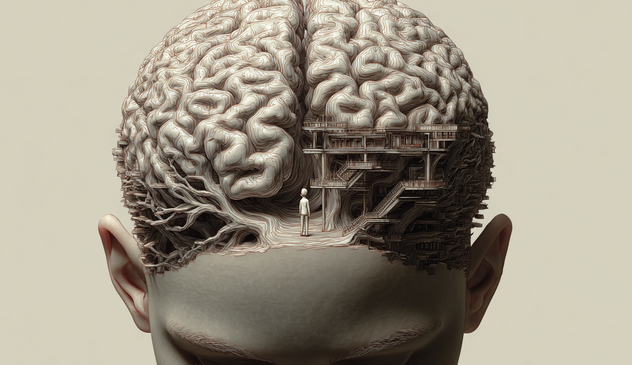Is #AI Making Us Stupider? This Study Certainly Thinks So
New research highlights the impact of AI on #CriticalThinking skills.
Posted August 21, 2025 | Reviewed by Michelle Quirk
Key points
- Using AI to do the thinking impacts not only quality of work but also the long-term acquisition of skills.
- AI can have a place in education, but it needs to be carefully employed.
- Employing AI is having a detrimental impact on our ability to think critically.
Excerpt: "A new study by #MIT has published initial results highlighting a likely connection between large language models (#LLMs)—colloquially grouped under the banner of AI—and a direct cognitive cost, particularly when it comes to our ability to think critically. They conducted a study using a pool of 54 participants, divided into three groups. The groups were asked to deliver an SAT-grade essay, with the first group granted access to #ChatGPT, the second to traditional #GoogleSearch, and the third with no search resources at all. Group 3 was referred to as the '#BrainOnly' group.
"Over time, each participant had to produce several essays, and each time was attached to an EEG to record brain activity across 32 regions. Consistently, ChatGPT users had the lowest brain engagement for every essay, and worryingly showed decreasing brain activity over time, as they progressed through the essay assignments. What this represents is the ChatGPT participants getting '#lazier' with each subsequent essay, with many resorting to copy-and-paste content by the end of the study. The study also recorded that this group 'consistently underperformed at #neural, #linguistic, and behavioral levels.' The findings make sense; with ChatGPT doing much of the work, it's easier on our #cognitive processes, and it is unsurprising that it takes less mental effort.
"Perhaps the more concerning aspect of the findings is the connection between #ReducedBrainActivity and impact on long-term learning and memory. As well as recording the participants' level of satisfaction, #curiosity, #creativity and #memory as part of the study—which were all high for both the brain-only and the search assisted groups (groups 2 and 3)—a later part of the study asked each group to reproduce one of their earlier essays, with the ChatGPT group asked to do so without access to any tools. There was little evidence of this group's participants remembering much of their previous essay, highlighting the very necessary link between #CognitiveEngagement and memory and, therefore, the potential impact on #LongTermLearning and gaining new skills. Conversely, and perhaps reassuringly, however, the brain-only group was then permitted to rewrite their essay with access to ChatGPT, with their efforts showing higher levels of creativity and stronger arguments, while retaining original thinking and unique language. This could present reassurance that, employed properly, AI has a place in enhancing learning without diminishing cognitive capability.
"Despite awaiting peer review and using only a small participant sample, the research team decided to release their findings in advance of peer feedback, in what they highlight as an urgent consideration of #LearningWithAI."
Read more:
https://www.psychologytoday.com/us/blog/the-art-of-critical-thinking/202507/is-ai-making-us-stupider-this-study-certainly-thinks-so







